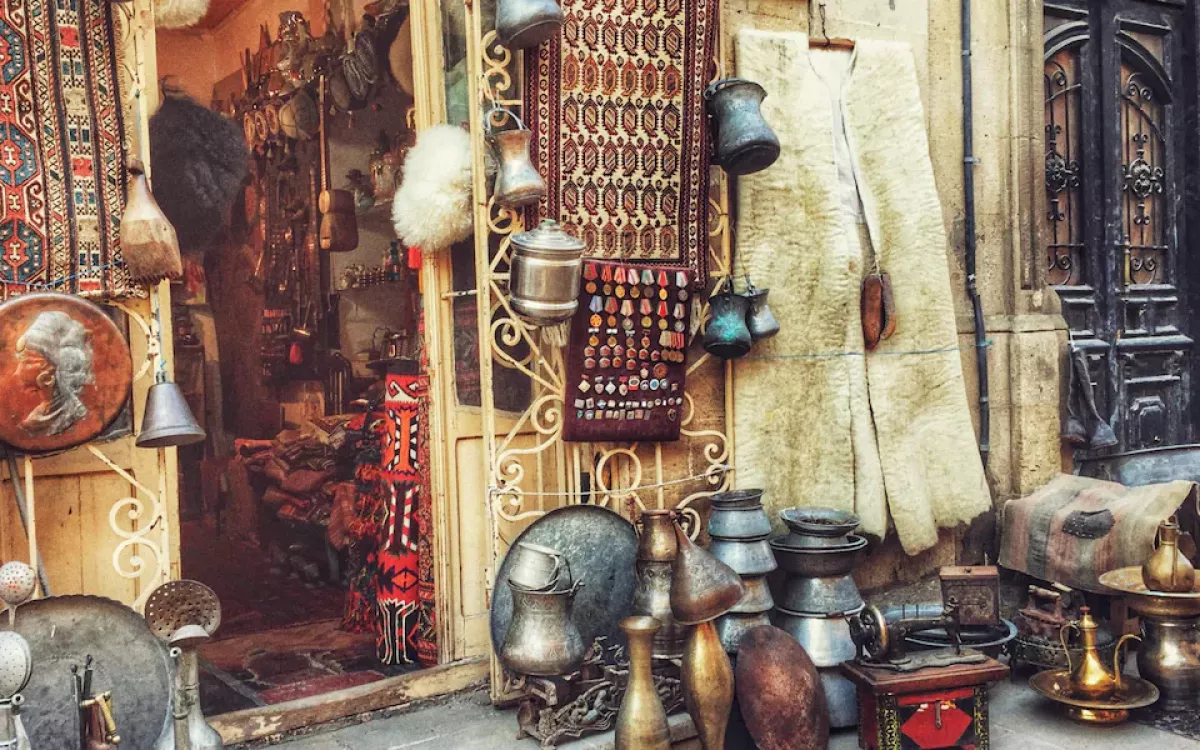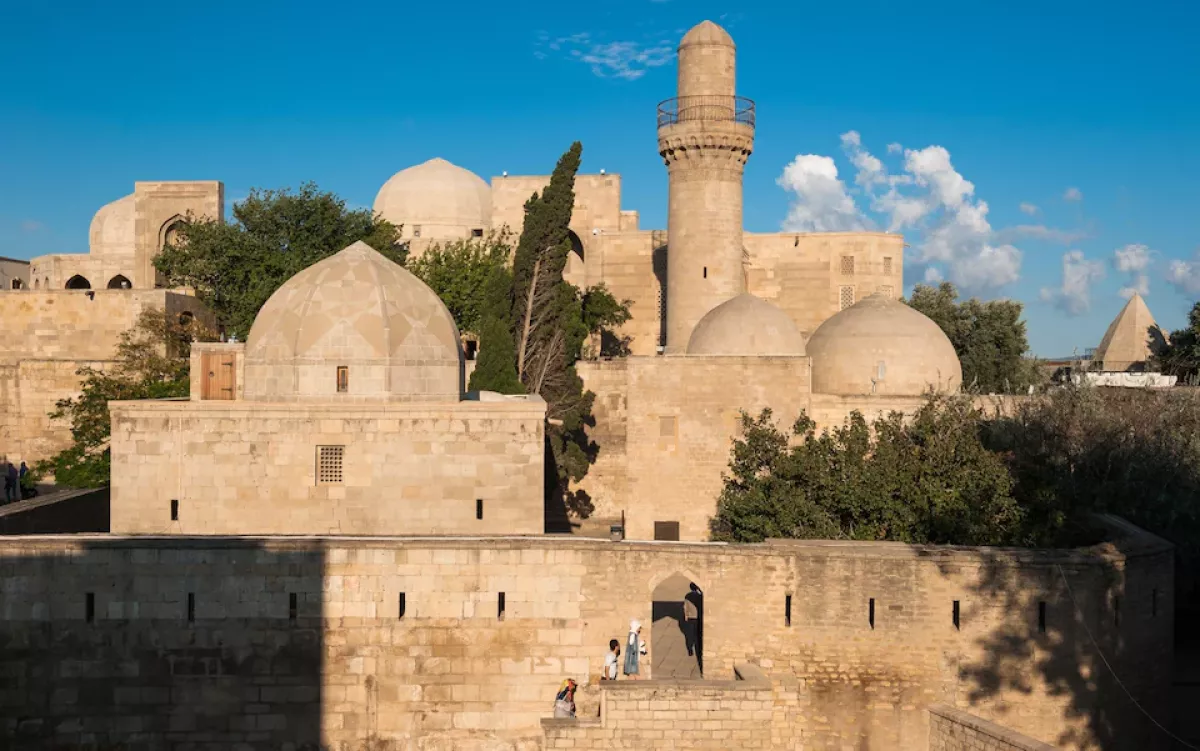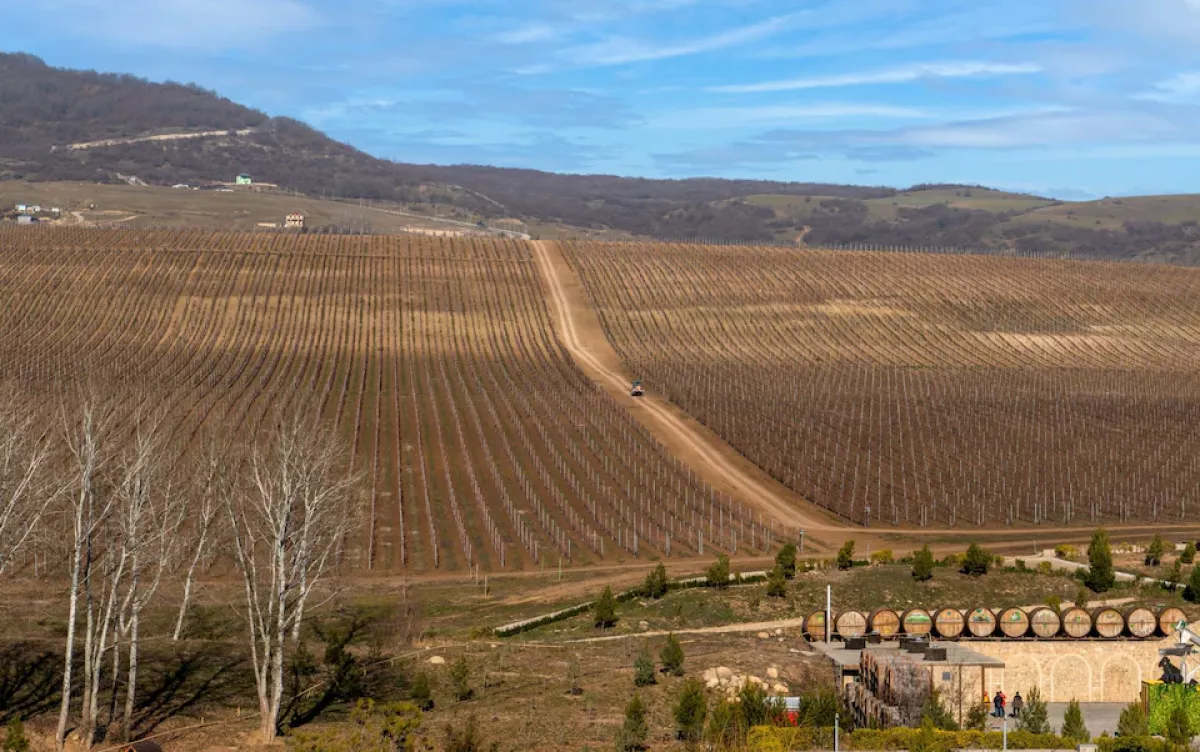Why Baku? Ancient streets, affordable wine, relaxed nightlife and so on Article by The Telegraph for tourists seeking something different
The British daily The Telegraph has published an article highlighting Azerbaijan's capital Baku as an emerging city break destination offering a unique blend of history, culture, and modern attractions. Caliber.Az reprints the piece.
What do we look for in a city break? A great history revealed as you walk its (preferably crime-free) streets? Beautiful architecture (both ancient and modern)? A relaxed nightlife with excellent restaurants and bars? An easily accessed countryside with its own distinctive character? Maybe being by the sea would be good, too.
As the most popular European cities are becoming ever more crowded and often less welcoming to tourists, could it be time to look farther afield? To look, for example, to lovely Baku, the Azerbaijani capital, which is in the limelight this month as it hosts Cop29’s delegations and dignitaries.
Admittedly, it does take a little longer to get to than Barcelona – the flight is around five hours. But, then again, Baku is a tiny treasure, a former hub of the Silk Road on the shores of the Caspian Sea. In the Old City, caravanserais still stand (now hotels and restaurants) – huge courtyards where merchants would sell their goods, surrounded by cool upper rooms where they would rest before they loaded up their camels again.

Souvenir shop in Ichari Shahar (Old City, Baku)
At the centre of these cobbled streets is the Palace of the Shirvanshahs (Unesco describes it as an “architectural pearl”) and, like most of Baku, it is built of cream-coloured limestone. Surrounded by gardens and cooled by the winds off the Caspian, it is a maze of shady rooms and open courtyards with a mausoleum, hammam, tombs, an ancient mosque and underground prisons that look eerily like oubliettes. The nearby Maiden Tower – built as a symbol of the ancient, fire-worshipping Azeri Zoroastrians – is thought to have been built in the 12th century. Its name derives from the legend of an appropriately flame-haired Azerbaijani Joan of Arc who overcame a would-be invader and saved the city.

The Palace of the Shirvanshahs
There have been many invaders, all of whom have left their mark. Peter the Great came over from Russia and is mostly remembered for knocking the top off a minaret. More recently, of course, Azerbaijan was part of the Soviet Empire – not known for its beautiful buildings. However, since its independence, Baku has beautified the city, knocking down some brutalist eyesores and, rather inventively, covering others from the Soviet era with that ubiquitous creamy limestone, adding pillars and porticoes, balconies and mouldings. With its wide, tree-lined boulevards, parts of Baku have become strangely reminiscent of Haussmann’s Paris. It is, though, a modern city, too, albeit one keen to retain the symbol of Zoroastrianism in its most modern architecture. Three flame-shaped skyscrapers light up the night sky with giant fires licking at their walls.
Unlike its neighbour Iran, Azerbaijan has a rather more liberal culture. Everyone is in Western (albeit modest) dress, and English is widely spoken. Perhaps even more surprisingly, Baku has a thriving nightlife with excellent bars and restaurants. Wine not only flows in this Muslim country, it is also produced here. Like its neighbours Georgia and Armenia, Azerbaijan has a long history of winemaking, one that predates the arrival of Islam, and has deep roots. It has its own varieties – white bayanshira, red khindogni (the name translates to “joyful”) and the rather surprisingly named madrasa, all of them part of the “golden fund” of treasured heritage grapes.

The vineyards of Shamakhi District, Azerbaijan
The wine industry was almost eradicated thanks to Mikhail Gorbachev and his snappily titled State Programme for Combating Drunkenness and Alcoholism in 1985. You’d have thought this would have focused on vodka, but there was widespread destruction of Azeri vineyards, too, and it is only post-independence that they have begun to revive. In the Old City, you can find the new breed of Azerbaijani wines at bars such as Kefli and Asmat, or at restaurants such as the Art Club. Alternatively, you can visit some of the wineries in the foothills of the Caucasus on what is surely one of the most unusual wine tours the world has to offer. The landscape – deep forests, orchards full of pomegranates and hazelnuts, the high Caucasus Mountains covered with a sprinkling of snow even in September – is stunning, and the wines themselves are excellent (and affordable: you’ll rarely pay more than 5AZN for a glass – that’s £2.30).
Wonderfully, Baku has recently gone from being one of the most difficult areas of the Caucasus to reach from the UK to one of the easiest – thanks to the six flights a week launched by Azerbaijan Airlines earlier this year. Better still, few British travellers seem yet to have clocked on. As a tourist here, you’re a much-welcomed novelty. The word, though, is bound to get out soon. I’d enjoy it while it lasts.
Essentials
Anna Selby was a guest of Meysari Wines and Pasha Travel, which has a seven-day wine tour (including two nights in Baku) from £1,209, including hotel accommodation, transfer services, guide service, lunch and dinners, six wine degustation centres and museum entry.
Azerbaijan Airlines flies from London to Baku from £417 return.
To buy Azerbaijani wines in the UK, visit gardabaniwines.co.uk.








